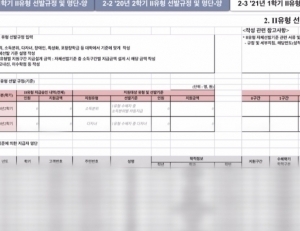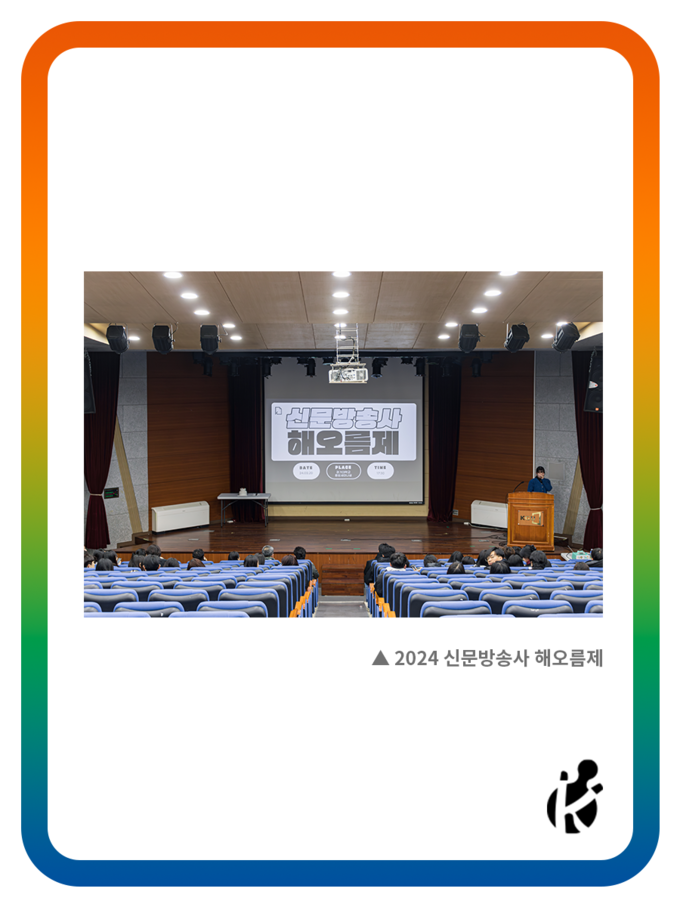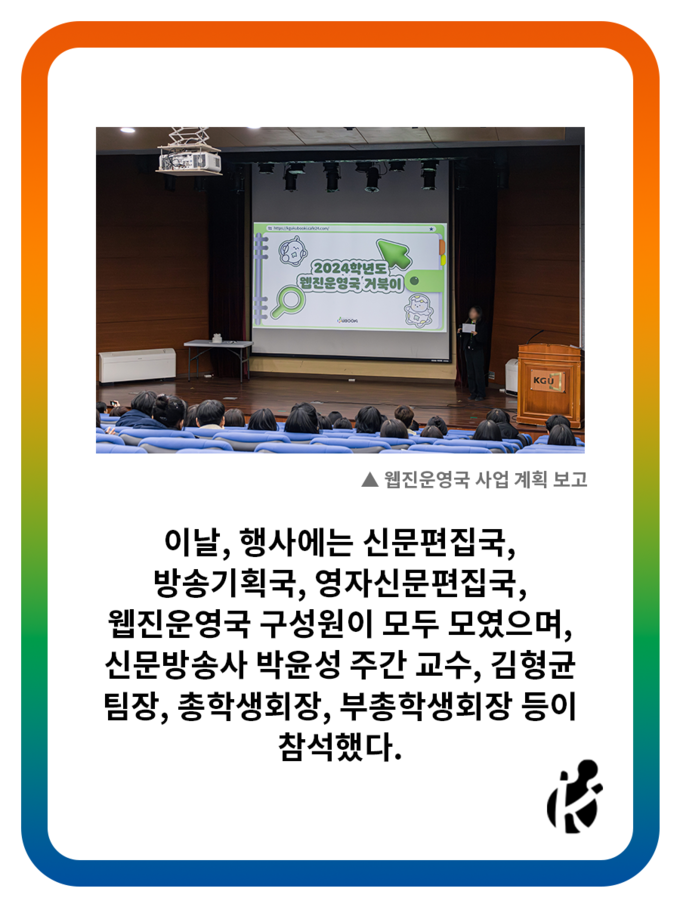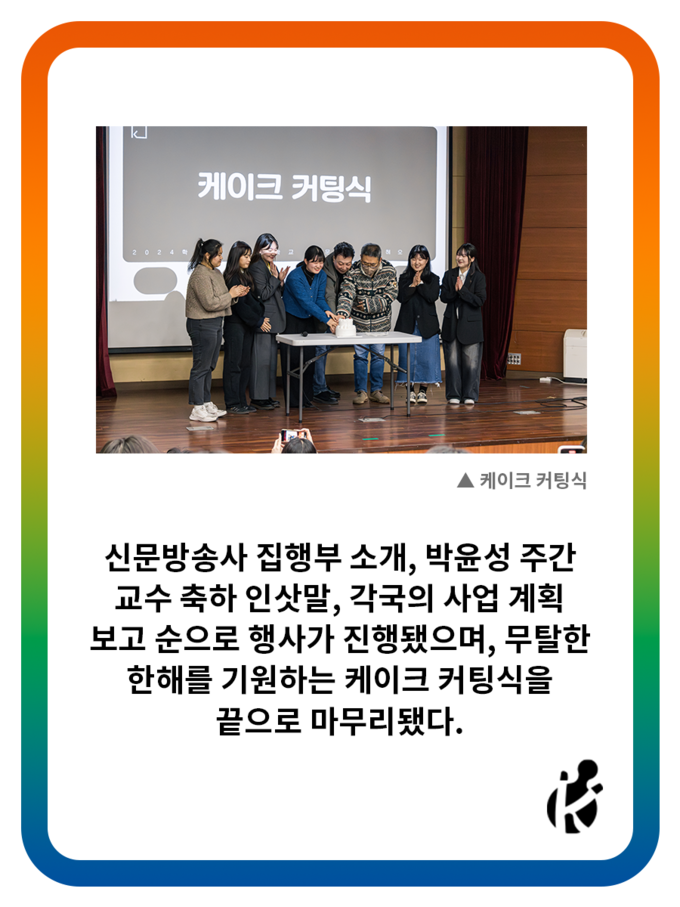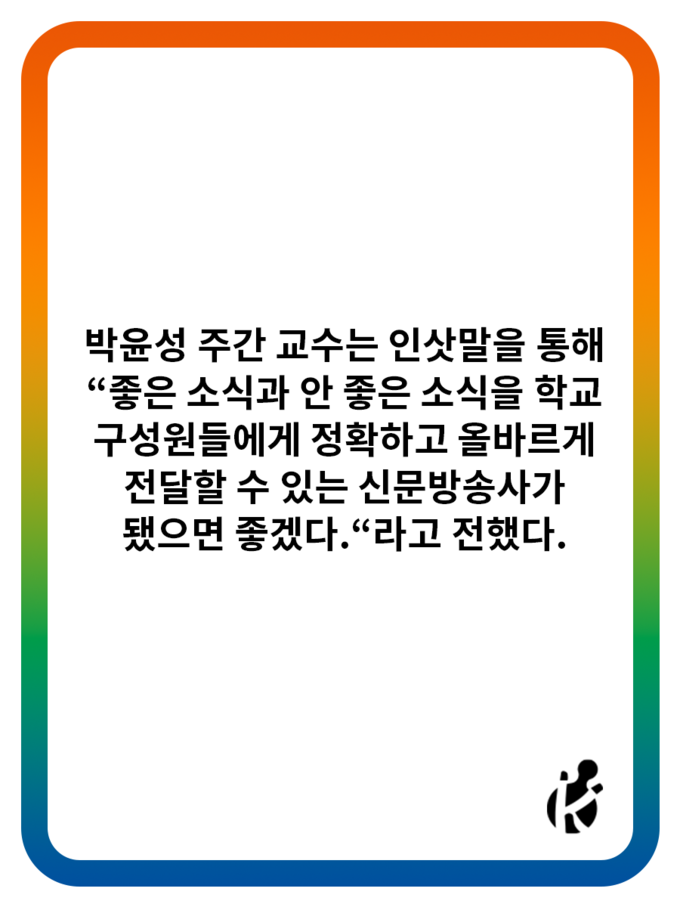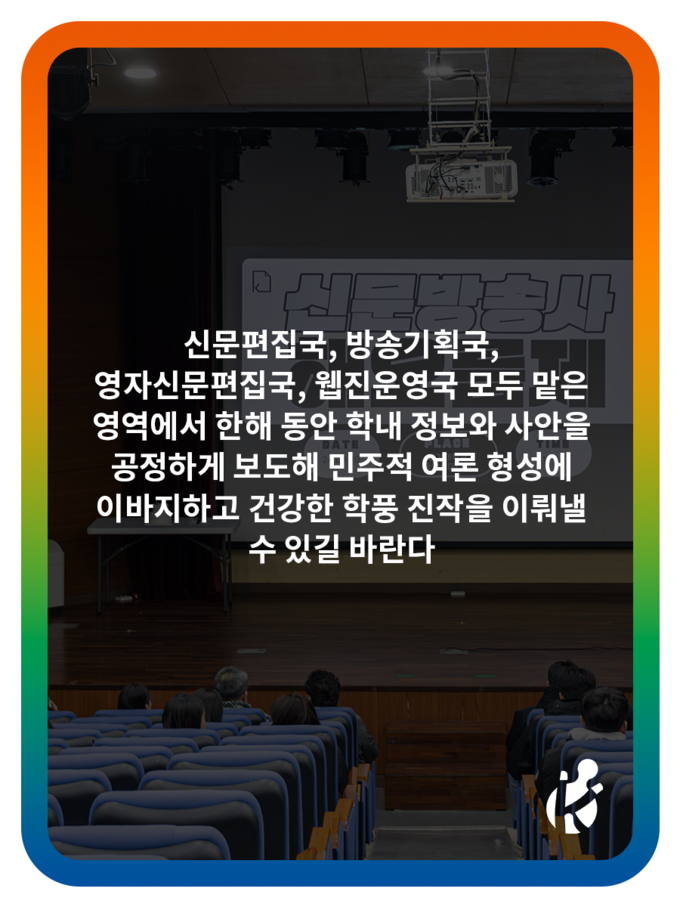When people say, “Why are you so defensive?”, it is usually used in a negative sense of vigilance. However, the famous Austrian psychologist Sigmund Freud said that being defensive is not always bad. Freud said that an id1), ego2), and superego3) exist in humans. When events that break our peace of mind occur internally or externally due to the strong desire of the id, the anxiety caused by this threatens the superego. At this time, a defense mechanism that the ego uses to deal with anxiety and recover peace of mind is enacted. Defensive mechanisms also appear in Peter Pan Syndrome, a growing social phenomenon and psychological syndrome in modern society.
1) id : A biological element of a personality that appears at birth and seeks continuous fulfillment of needs as part of the personality structure
2) ego : As a rational part of the personality structure, an executor that mediates conflicts between the id’s instinctive needs, the moral and conscientious needs of the super ego, and the objective real world
3) superego : Relating to aspects of society or ideals within the individual’s mind
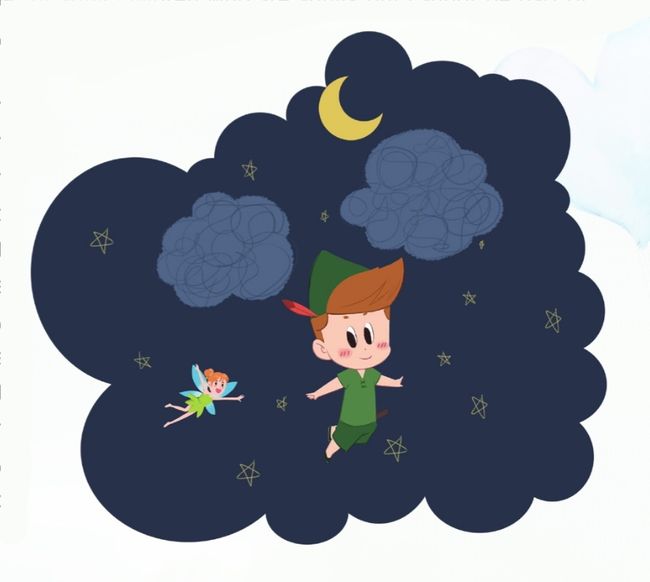
Peter Pan is the main character in a British fairy tale who freely travels through dreams and fantasies in Neverland. Peter Pan is already grown-up, but he is immature, naive, and wants to escape from reality. In Neverland, you can remain a child forever without becoming an adult. Like Peter Pan in Neverland, more and more people want to remain children forever in our modern society. People who suffer from Peter Pan Syndrome are not forced to delay achieving independence due to economic conditions, but rather want to avoid responsible situations, so they want to remain a “Childish Adult.” The name was coined by Dan Kiley, an American clinical psychologist, and it began to be called “Peter Pan Syndrome” to reflect the increasing number of adult children who are adults but cannot be part of the adult world. When, how, and why does this Peter Pan Syndrome occur?
Peter Pan Syndrome usually develops in adolescence. The reason why the person does not want to become an adult is likely due to their relationship with their parents. In fact, people suffering from Peter Pan Syndrome were often born in the middle and upper classes, and they received abundant material support from their parents but didn’t receive corresponding emotional support. In addition, there were many cases where they had never been taught strictly at home, or their mother considered themselves to be a sacrifice for the child. Parents should make an environment for their children to accept the reality that their children cannot avoid some failure and frustration to get what they want. In that way, children can grow up to be adults who do their best in real life.
People who suffer from Peter Pan Syndrome often use denial and regression as defense mechanisms. Denial is a way to escape from one’s anxiety by rejecting painful environments or threatening information, and this is a mindset where the person does not accept difficult reality. Regression is a way to return to the early stages of development to avoid difficulties, and it refers to acting childishly whenever the person gets stressed. In addition, they have a low sense of responsibility and high ideals, but they have a weak ability to make decisions and put them into action.
Thus, Peter Pan Syndrome utilizes denial and regression as defense mechanisms, which is an immature way to express emotions. There are both immature defense mechanisms and mature defense mechanisms. Immature defense mechanisms are based on shaky ground. This mechanism can harm not only oneself but also surrounding people as opposed to mature defense mechanisms that are commonly used by normal and healthy people. There are seven main types of immature defense mechanisms: denial, regression, projection, acting out, hypochondriasis, passive-aggressive behavior, and somatization.
In addition to denial and regression, immature defense mechanisms include projection, acting out, and passive- aggressive behavior. Projection is a method of passing off one’s feelings or thoughts that cause stress and anxiety as if they belong to others. Acting out is a method of expressing unconscious desires or wishes immediately without considering negative consequences. Finally, passive-aggressive behavior is a method of expressing aggressive emotions indirectly without directly expressing them. All three methods are immature defense mechanisms that can be often seen in daily life, so it is necessary to think seriously about whether you use these immature defense mechanisms.
Everyone uses defense mechanisms. This is because everyone lives using various defense mechanisms throughout our everyday life. Therefore, it is important to use defense mechanisms maturely and well, and there are five main types of mature defense mechanisms: altruism, asceticism, humor, sublimation, and suppression. In the case of mature defense mechanisms, a person wants to gain satisfaction by acting thoughtfully and helping others, and they happily accept unpleasant situations by controlling their emotions. In addition, they satisfy their instinctive needs by pursuing desirable purposes, and they restrain short-term pleasure and seek long-term stability.
However, since defense mechanisms stem from the unconscious, in fact, most people do not even realize they are using one. Therefore, if there seems to be any problem with your defense mechanism or response method, or if you have difficulty in human relationships and resolving conflicts, you can check the defense mechanism that you usually use by consulting with a psychiatrist. If it is a defense mechanism that causes serious problems in interpersonal relationships, it can be modified to an appropriate direction through consultation with experts. Finally, Pharos would like to provide an opportunity to reflect on your defense mechanism and through self-diagnosis of Peter Pan Syndrome.
Peter Pan Syndrome Self-Diagnosis
□ 1. I keep making excuses for my mistakes.
□ 2. I can’t remember the anniversaries very well.
□ 3. I try to stand out during meetings.
□ 4. I don’t consider other people, I just talk.
□ 5. I’m considerate to others, but not to my family or spouses.
□ 6. I don’t care about others until they show their dissatisfaction.
□ 7. I just do what I want.
□ 8. I don’t know how to express my feelings.
□ 9. I don’t really listen to arguments that are different from mine.
□ 10. I’m not close to my parents.
□ 11. I easily get mad.
□ 12. I had trouble with my parents because of a person I like.
□ 13. I am doing things that I don’t like to do because of my parents.
□ 14. I lack sincerity.
□ 15. I brag a lot.
□ 16. I watch something again and again if it is fun and interesting.
□ 17. I distinguish between the work of women and men.
□ 18. I don’t talk with others about my flaws.
□ 19. I’m emotional.
□ 20. I don’t like new changes.
▶ Calculate your answers: 2 points for strongly agree; 1 point for
somewhat agree; and 0 points for disagree. If your score is higher
than 21, counseling is recommended.
78th Reporter • KIM DA ON • daonda0904@naver.com
79th Reporter • YUN SI O • ysbcindy1026@naver.com
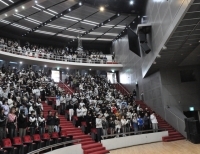 What Happened in KGU? : 수원캠퍼스 학생총회 편
On April 4th, a general meeting of students was held in the Tele-convention center at the Suwon campus. The contents were the same as the general meeting of students in the Seoul campus: the first part was for agenda announcement, the second part was about the Membership Training for whole university, and the third part was simple Q&A time. In the first part, the agendas were all the same as the ones for the Seoul campus, and the result of the ...
What Happened in KGU? : 수원캠퍼스 학생총회 편
On April 4th, a general meeting of students was held in the Tele-convention center at the Suwon campus. The contents were the same as the general meeting of students in the Seoul campus: the first part was for agenda announcement, the second part was about the Membership Training for whole university, and the third part was simple Q&A time. In the first part, the agendas were all the same as the ones for the Seoul campus, and the result of the ...

 [타 대학보 축사] 경기대신문의 1100호를 진심으로 축하드립니다
[타 대학보 축사] 경기대신문의 1100호를 진심으로 축하드립니다
 [와이파이] 큰 박스에 달랑 물건 하나, 과대포장 규제 정책 시행은 언제쯤
[와이파이] 큰 박스에 달랑 물건 하나, 과대포장 규제 정책 시행은 언제쯤
 [문화산책] 이 세계는 멋져 보이지만 모두 환상이야
[문화산책] 이 세계는 멋져 보이지만 모두 환상이야
 [네컷만화] 학생총회
[네컷만화] 학생총회

 목록
목록







